




The first piece in the series, “Plastics, waste and recycling: It’s not just a packaging problem,” published on Aug. 25, 2020, pointed to a University of Michigan study showing that “two-thirds of the plastic put into use in the United States in 2017 was used for other purposes [than packaging], including electronics, furniture and home furnishings, building construction, automobiles, and various consumer products.”

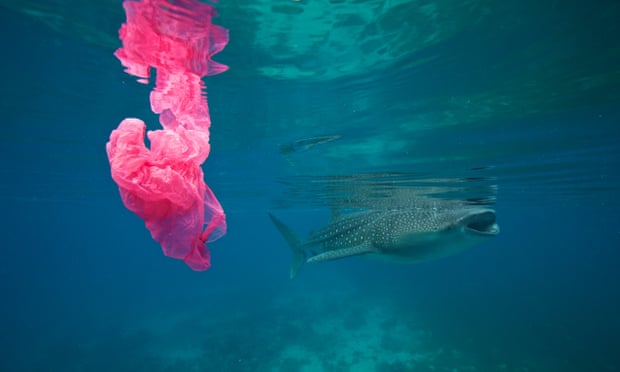



Plastic production is expanding worldwide, fuelled in part by the fracking boom in the US. The report says plastic contributes to greenhouse gas emissions at every stage of its lifecycle, from its production to its refining and the way it is managed as a waste product.
This plastic binge threatens attempts to meet the Paris climate agreement. It means that by 2050 plastic will be responsible for up to 13% of the total “carbon budget” – equivalent to 615 coal-fired power plants – says the research published on Thursday.





Places around the world, like the U.K., Taiwan, Seattle, San Francisco, Montreal and Vancouver, are joining the plastic-free movement. That means reducing straws, cotton swabs, microbeads, and/or plastic bags. And for places like Ireland and Hong Kong, the movement is working. Plastic bag levies have lead to high reductions in plastic bags use. It has dropped as much as 90 per cent in Ireland since the introduction of the levy in 2002. Some cities and counties in the U.S. also have their own plastic bag bans and levies in place.





It issued this statement in stressing that the climate emergency should be addressed with the same sense of urgency that the world has been treating the global health and economic crises unleashed by the COVID-19 pandemic.
The World Economic Forum (WEF) has underscored the need for governments to ensure that waste management systems are well supported to deal with current and future plastics waste, especially with the significant increase in plastics pollution from home deliveries and medical wastes amid the COVID-19 outbreak.

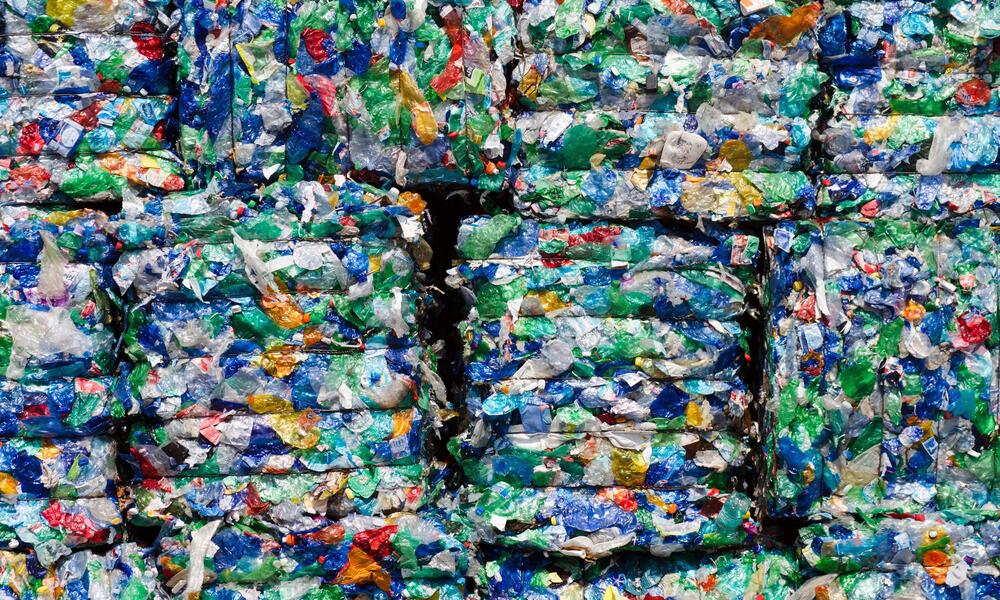



Trudeau did not specify the products to be banned, but said likely candidates include plastic bags, straws, cutlery, plates and stir sticks “where supported by scientific evidence and warranted.”
“You’ve all heard the stories and seen the photos,” he said. “To be honest, as a dad it is tough trying to explain this to my kids. How do you explain dead whales washing up on beaches across the world, their stomachs jam packed with plastic bags?





Polystyrene’s popularity as a container stems from its low cost, strength, insulation, and feather-weight buoyancy. Those properties also made it a scourge of plastic waste because it easily breaks into tiny, often airborne particles that are difficult to clean up and is generally rejected by recycling centers as too much trouble to recyclable.





A number of local businesses have already started switching to reusable, washable straws or disposable ones made from paper or hay.
The law follows Seattle's ban earlier in 2018 and aims to reduce the impact of plastic straws as litter. More than 4,000 of the disposed items were found in a recent cleanup of the Anacostia River in D.C. Straws are known to hurt wildlife and are difficult to recycle, often ending up as litter. They make up only a tiny fraction of the total marine plastic pollution problem, leading some critics to say they are a distraction, while others say they are an easy place to start.

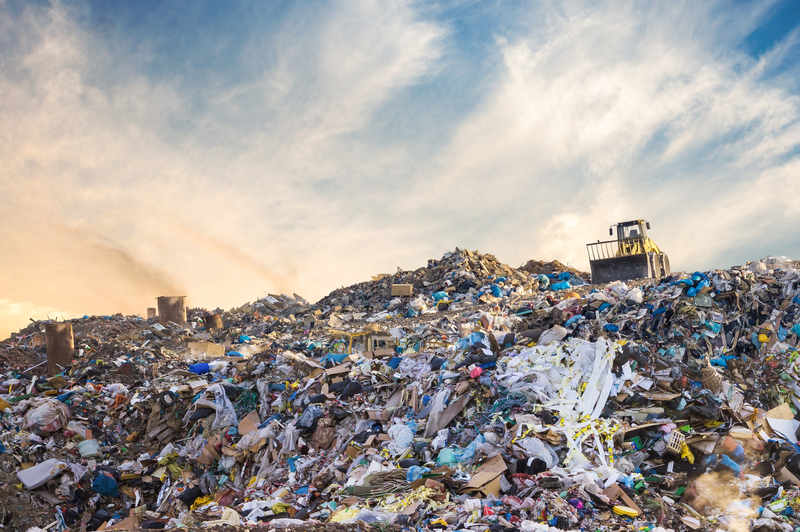



Single-use is most often associated with the plastic pollution crisis. Some 40 percent of all plastic produced is used for packaging, much of it used only once and thrown away.
Many efforts to curb the plastic litter crisis are taking aim at single-use plastics, with the goal of encouraging more durable, reusable items.





Branded as “No Straw November,” the campaign is a push to eliminate single-use plastic. The effort is led by the Aquarium Conservation Partnership (ACP), comprising 22 aquariums in 17 different states. They're pushing 500 businesses to commit to only serving plastic straws upon request. Already, the ACP has worked with large businesses like United Airlines, the Chicago White Sox, and Dignity Health hospitals.
They hope to commit the additional 500 by Earth Day, April 20, 2019.

.jpg)
.jpg)


The initiative is called the New Plastics Economy Global Commitment, and it includes a diverse group of members including the city of Austin, clothing company H&M, Unilever, PespsiCo, L'Oreal, Nestle, and Coca-Cola.
The Global Commitment touts a number of high-profile partnerships. It's a collaboration with the United Nations and is being led by the Ellen MacArthur Foundation. Other partners include the World Wide Fund for Nature, the World Economic Forum, the Consumer Goods Forum, and 40 academic institutions.





Citing a need to protect the ocean from a deluge of plastic pollution, the bill calls for a European ban on plastic cutlery and plates, cotton buds, straws, drink-stirrers, and balloon sticks, as well as reductions in other types of single-use plastics like food and beverage containers.
The bill was first proposed in May (see below). Great Britain has a similar effort underway (also see below).

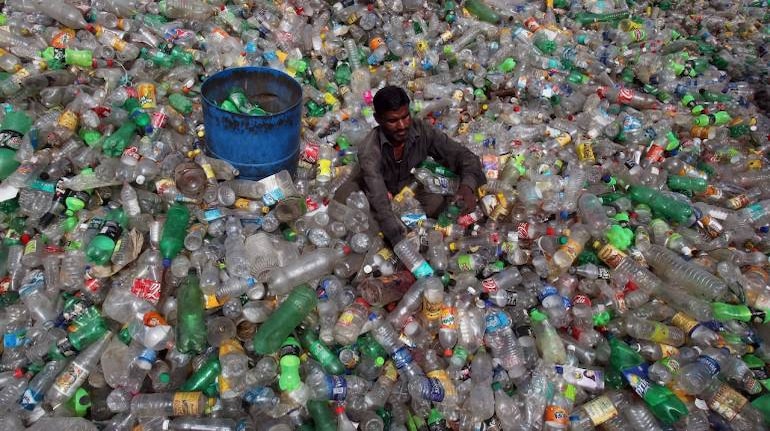



Circulate Capital, a New York City-based investment firm started in 2018, says they have raised $90 million to invest in this issue in Southeast Asia, a move endorsed by conservation group the Ocean Conservancy. CEO of Circulate Capital Rob Kaplan says this investment will go toward improving plastic waste collection on the ground and creating markets for collected material.
PepsiCo, Coca-Cola, Procter and Gamble, Danone, Unilever, and Dow are committed to funding the $90 million investment, and Circulate Capital says a deal will be inked by early 2019. The firm says they are also working on ways for medium and small companies to invest.

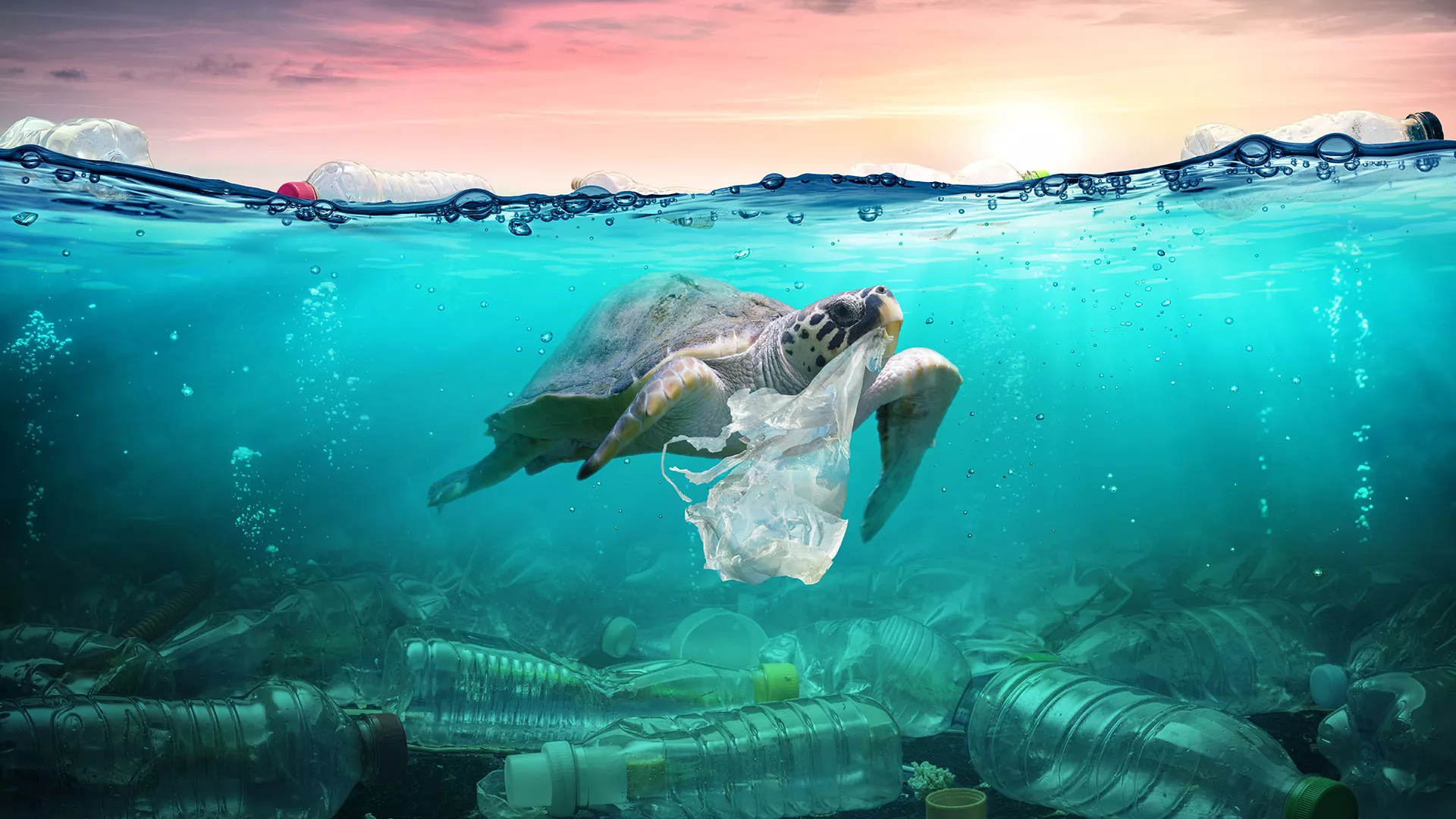



That's where NextWave, a coalition founded by companies including Dell and an environmental group called the Lonely Whale, comes in. By employing people living in coastal regions, the group collects discarded plastic within 30 miles of waterways to prevent it from making its way to the sea. So far, NextWave has focused on two types of plastic commonly found in marine environments: Nylon 6 and polypropylene.





The airline has lounges in the U.S. and around the world. A representative from the company says the lounges won't serve drinks with straws, and plastic won't be used for flatware. Plastic water bottles will no longer be served, and reusable bags will be given to customers taking food to-go.
Changes to the airlines' lounges are currently going into effect, and onboard straws will be eliminated by November 1. Straws will be available for those who request one, and drink stirrers will be replaced by bamboo sticks.

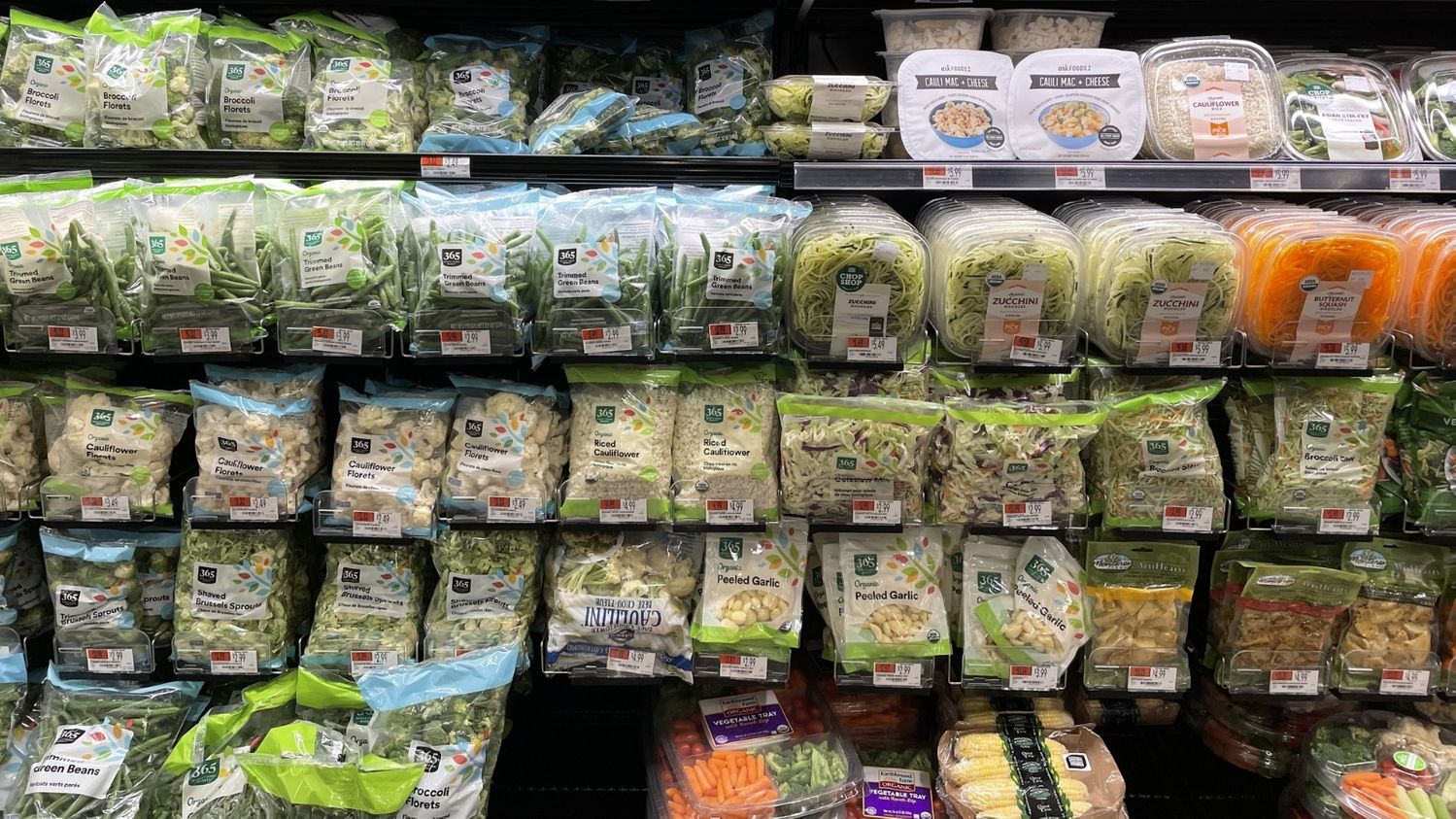



The company provides cafeteria-style meals and concessions to many such clients. Among them is National Geographic's Washington, D.C. headquarters, where compostable utensils and plant-based menus are offered.
Sodexo follows in the footsteps of other foodservice giants, Aramark and Bon Appétit Management, which announced similar sustainability measures this past summer (see below).

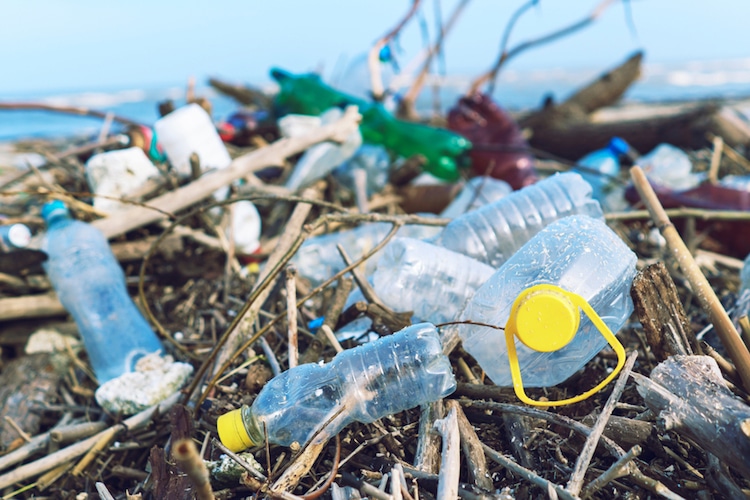



The CCC, led by its Chairperson-designate Finance Secretary Carlos G. Dominguez, has said that it is aligned with the aims of the bill “to advance realistic solutions to address the challenge of single-use plastics pollution and provide a clear pathway for the pursuit of sustainable consumption and production.”





This report critically examines the evidence related to the occurrence of microplastics in the water cycle (including both tap and bottled drinking-water and its sources), the potential health impacts from microplastic exposure and the removal of microplastics during wastewater and drinking-water treatment.
Recommendations are made with respect to monitoring and management of microplastics and plastics in the environment, and to better assess human health risks and inform appropriate management actions, a number of key knowledge gaps are identified.

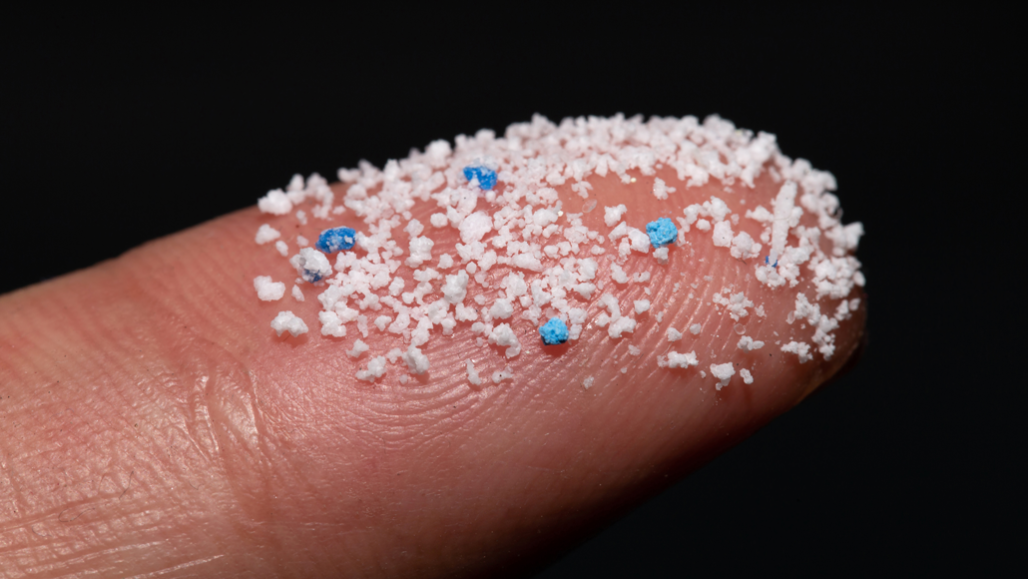



“We urgently need to know more about the health impact of microplastics because they are everywhere - including in our drinking-water,” says Dr Maria Neira, Director, Department of Public Health, Environment and Social Determinants of Health, at WHO. “Based on the limited information we have, microplastics in drinking water don’t appear to pose a health risk at current levels. But we need to find out more. We also need to stop the rise in plastic pollution worldwide.”





While the world has derived great benefit from the use of plastics, which have transformed people’s everyday lives, the negative ecological effects and adverse impact on health from their misuse and overuse cannot be overlooked. Plastic remains in the environment for a long time, it cannot biodegrade, only break down into smaller and smaller pieces.
